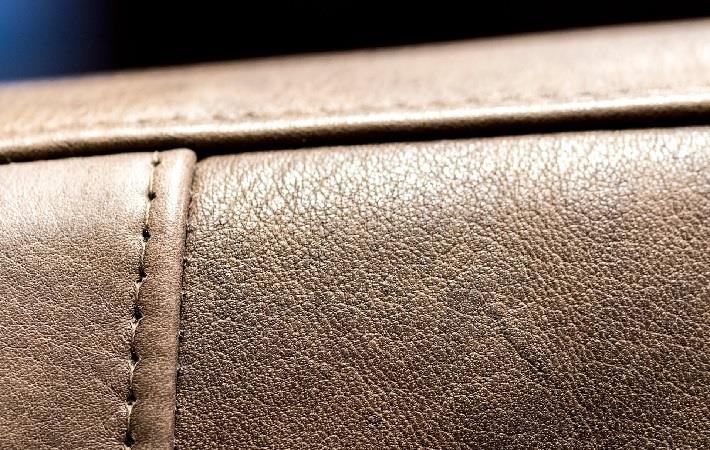JBS Couros has named Kind Leather as the most sustainable leather in market. Kind Leather is the result of years of research to make authentically sustainable leather. JBS Couros, a leader in leather processing industry, has 21 manufacturing units, three cutting units, five distribution centres, three showrooms, and four sales offices in four continents.
For a material to be truly sustainable, its use must include the entire production chain. This is the conviction of JBS Couros, which submitted Kind Leather to a Life Cycle Assessment (LCA) in partnership with Asiatan. The results of the LCA confirmed that the approach of introducing the remodelling of designs into the chain, challenging standards previously considered inherent to the production system, is the correct way to minimise the environmental impact within the industry, the company said in a press release.JBS Couros has named Kind Leather as the most sustainable leather in market. Kind Leather is the result of years of research to make authentically sustainable leather. JBS Couros, a leader in leather processing industry, has 21 manufacturing units, three cutting units, five distribution centres, three showrooms, and four sales offices in four continents.#
Launched in 2019, Kind Leather uses a more efficient, innovative production process that initially discards those parts of the hides that serve little purpose, since this material can later be sent to other industries, such as the pharmaceutical and food industries, transforming waste into raw materials and making a significant contribution to the sustainability of the entire value chain.
The result of the technical application that measures the possible environmental footprint from manufacturing and using a given product or service, based on a study for the athletic footwear segment, revealed that the production technique of Kind Leather is more sustainable than the one traditionally used for conventional leather. Drawn up from information collated in 2019, the evaluation took into consideration all the stages of leather production.
To establish the comparisons on the same technical and methodological basis, the analysis also included the traditional production method used by Asiatan, which had no optimisations for the use of natural resources and used wet blue full substance as raw material. The comparison results showed that the methodology proposed by the Kind Leather concept, which redesigns the initial stages of the process, proposes splitting the leather before tanning and reduces the use of chemical products, is environmentally more efficient. The LCA of Kind Leather was the first to use primary data from ranches and meatpackers, becoming one of the most detailed studies ever undertaken in the leather industry.
“In most cases, these studies use default values to reflect the allocation of the environmental footprint from farm to leather, which are by far less precise when describing the real impact of the product. This differential is especially important, since the cattle raising stage accounts for a considerable slice of the total footprint. By using primary and auditable data, it has been possible to use precise allocation factors for leather,” Guilherme Motta, CEO of JBS Couros said.
“Kind Leather has arrived on the market as a new alternative for leather production worldwide. We have put in a lot of hard work in recent years to undertake continuous studies in order to enhance the management of our sustainable leather platform, looking for insights, innovations and paths for optimising the products. The next stage will be to carry out process optimisations based on this study to strive for even more efficient solutions to our entire production system,” Motta said.
Fibre2Fashion News Desk (GK)
